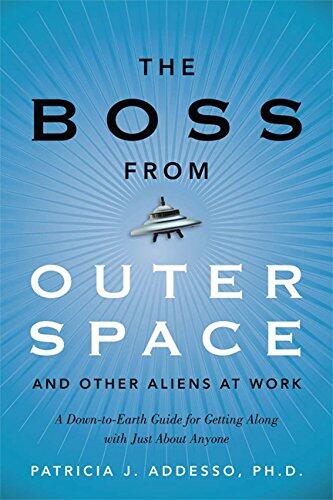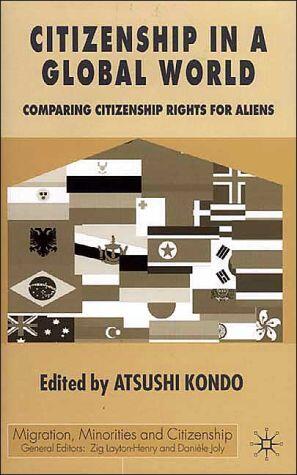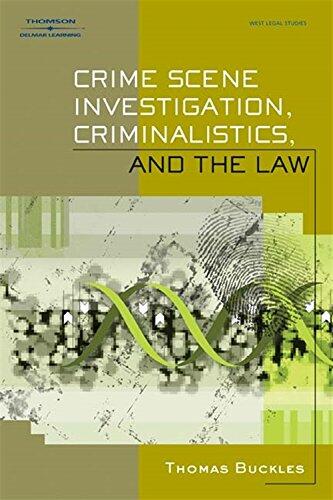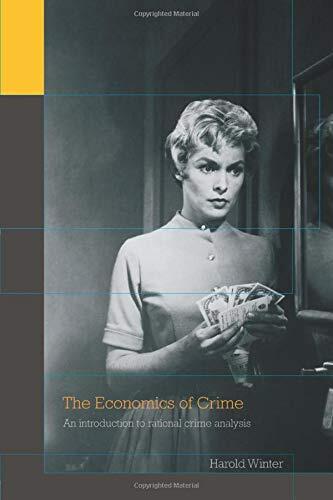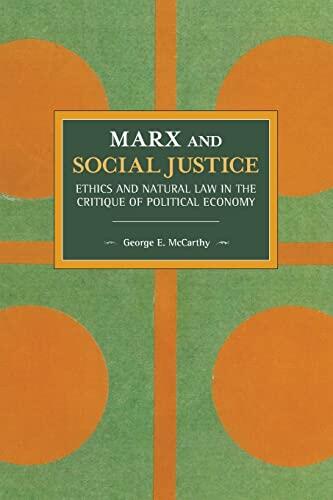
Marx and Social Justice: Ethics and Natural Law in the Critique of Political Economy
przez:
George E. McCarthy
Wydanie: Reprint
Język: Angielski
Format: Miękka okładka
ISBN 10: 1608460118
ISBN 13: 9781608460113
Data publikacji:
January 8th, 2019
Wydawca: Haymarket Books
Strony: 390
Gatunki: Business & Economics, Philosophy
George E. McCarthy's exploration delves into the intricate interplay between Marx's critique of political economy and the broader framework of social justice. By examining the ethical dimensions of Marx's thought, McCarthy reveals how natural law informs Marx's understanding of economic relations. This nuanced analysis prompts a reassessment of commonly held assumptions about Marxism and morality.
In focusing on the ethical implications of Marx’s ideas, the author illuminates the ways in which these principles align with contemporary discussions surrounding justice. He engages with both classical and modern notions of social justice, considering how they resonate or clash with Marx's assertions about capitalism and exploitation. McCarthy's engagement with various philosophical traditions enriches the dialogue on ethics and the broader socio-economic landscape.
The text challenges readers to rethink the relevance of Marxist theory today, especially in conversations about equity and fairness. By situating Marx within the context of natural law, McCarthy provides fresh insights that encourage a deeper understanding of social dynamics and the moral imperatives that drive them.
Ultimately, McCarthy's work serves as a critical touchstone for those interested in the complexities of ethical theory and its application to real-world political issues, making it an essential read for scholars and activists alike.
In focusing on the ethical implications of Marx’s ideas, the author illuminates the ways in which these principles align with contemporary discussions surrounding justice. He engages with both classical and modern notions of social justice, considering how they resonate or clash with Marx's assertions about capitalism and exploitation. McCarthy's engagement with various philosophical traditions enriches the dialogue on ethics and the broader socio-economic landscape.
The text challenges readers to rethink the relevance of Marxist theory today, especially in conversations about equity and fairness. By situating Marx within the context of natural law, McCarthy provides fresh insights that encourage a deeper understanding of social dynamics and the moral imperatives that drive them.
Ultimately, McCarthy's work serves as a critical touchstone for those interested in the complexities of ethical theory and its application to real-world political issues, making it an essential read for scholars and activists alike.


